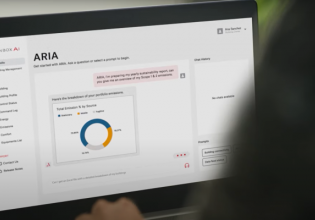S
On site we have a GE 9FA gas turbine with EX21000 exciter. Very rarely, we have burning of one fuse from one of the three AC Line filters. The fuse 12 A rating. After replacement of the fuse the unit starts properly. The fuse is burnt, only once per time, in the first run of the turbine with LCI in operation and when the 41 DC power contactor closes. Do you have any issue similar to that and how you eliminated? The unit is almost 10 years life.






